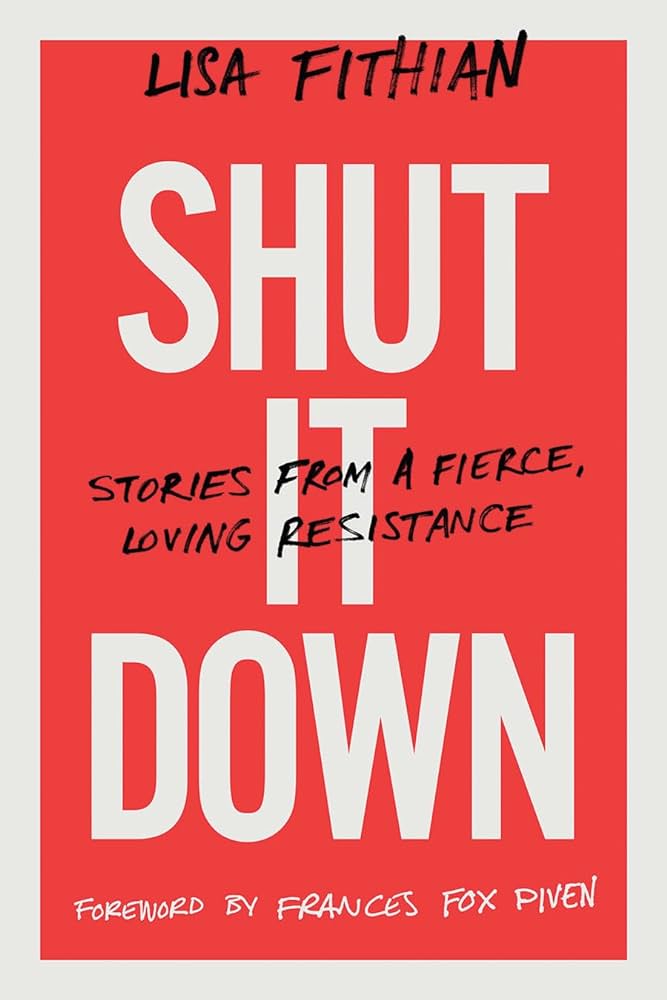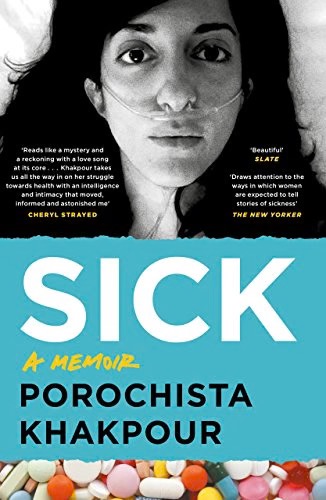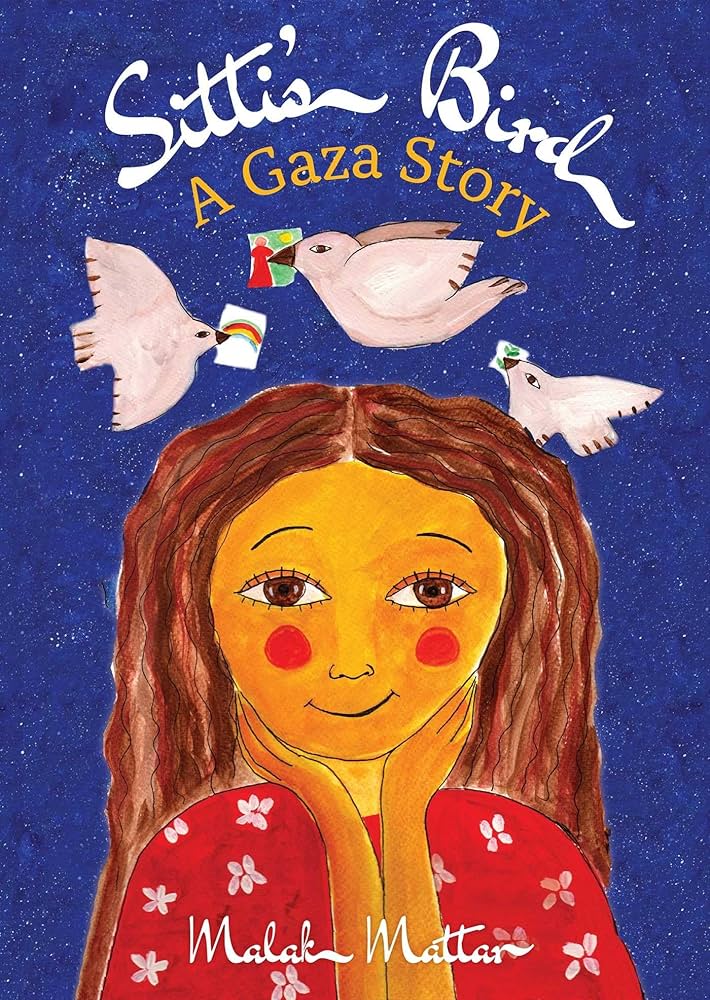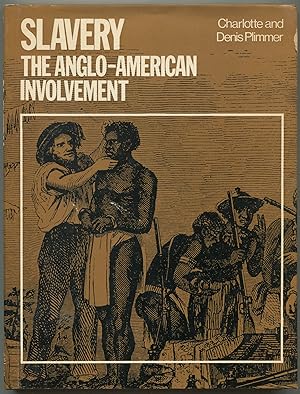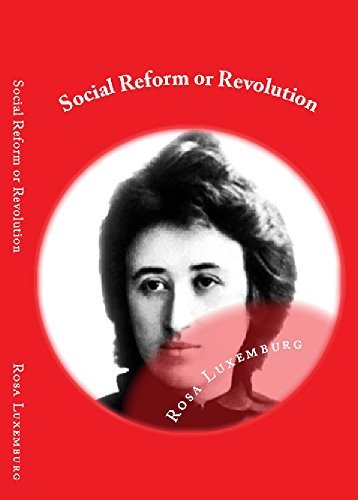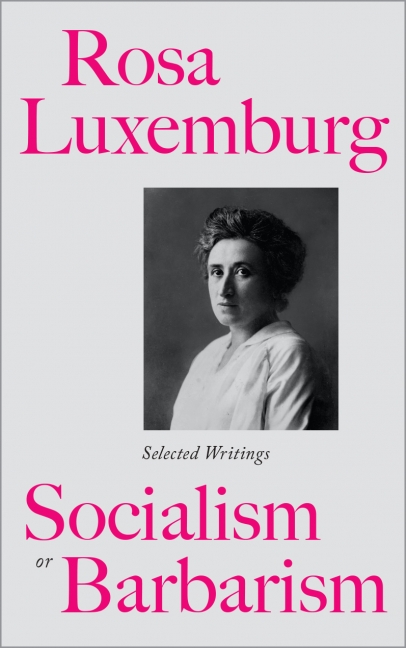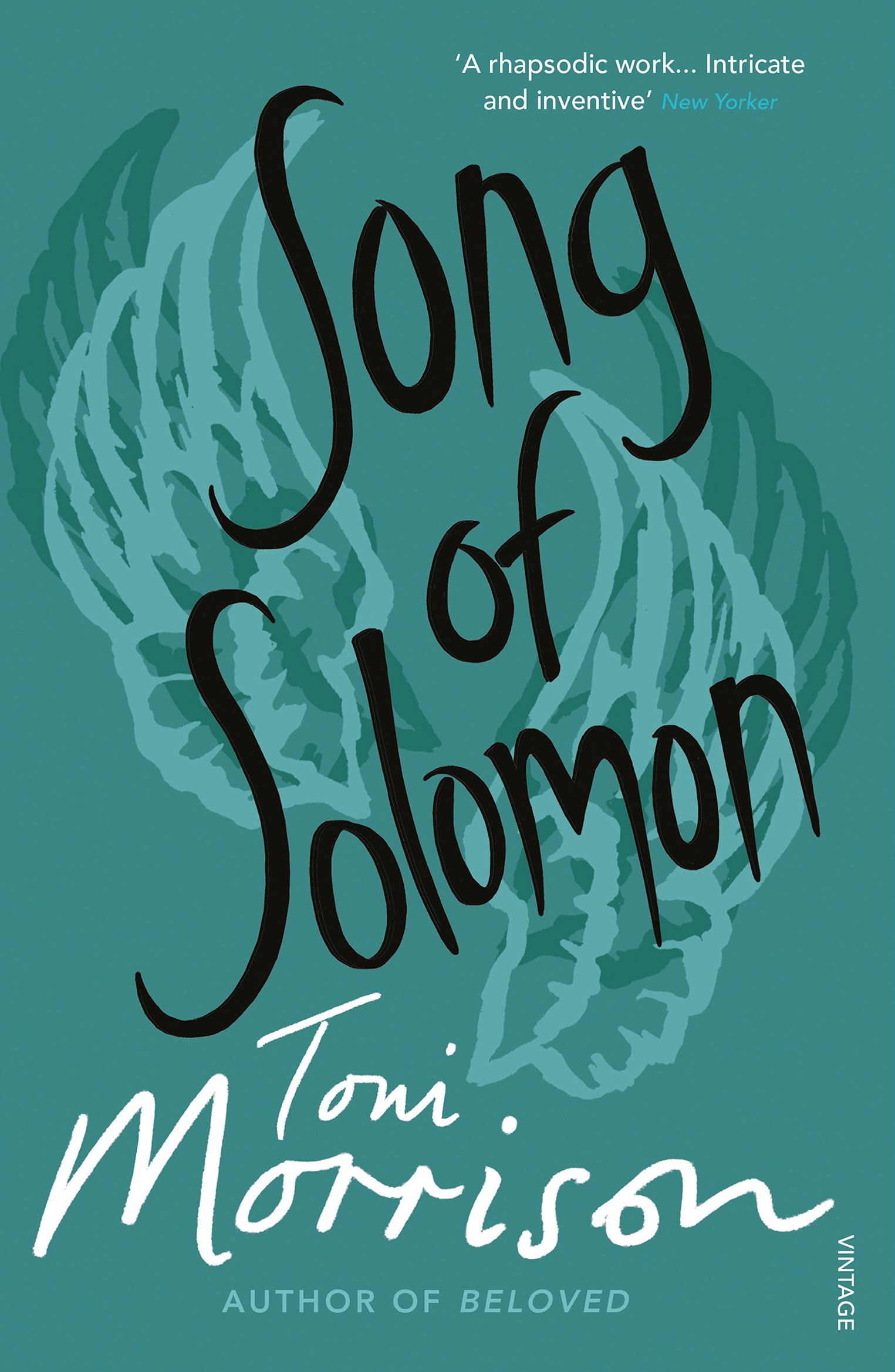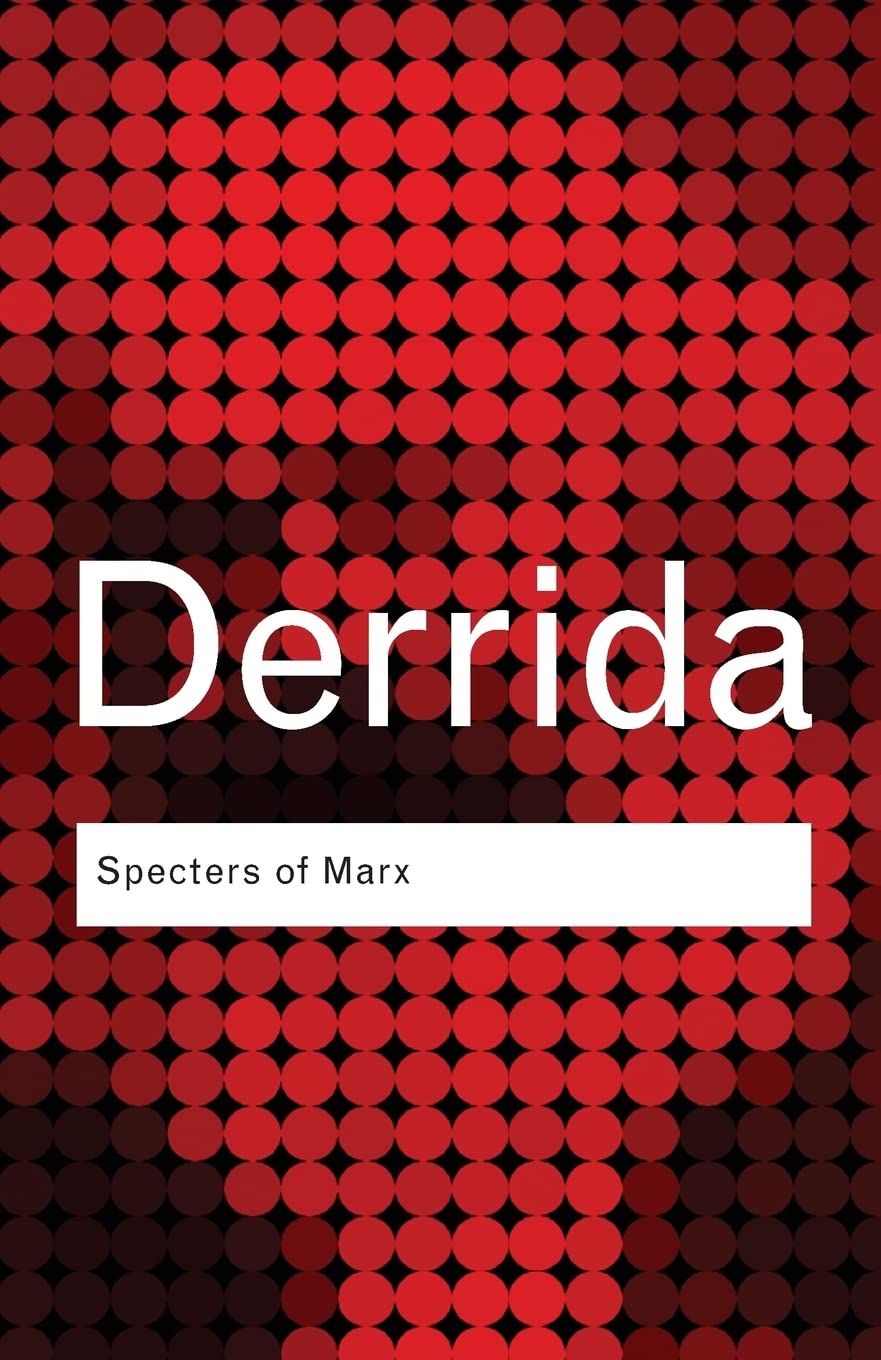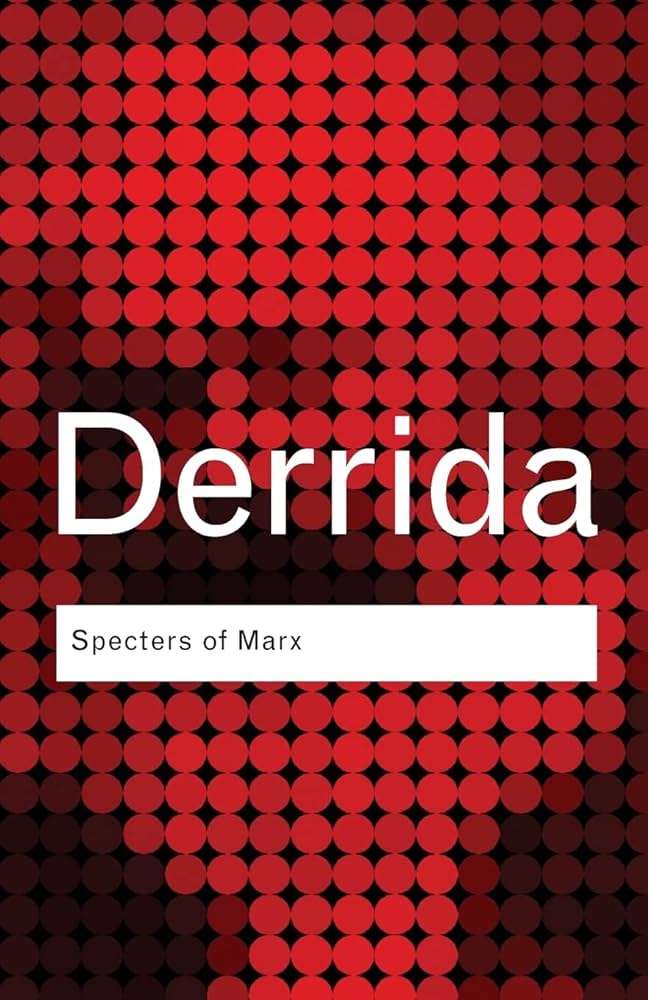For decades, Lisa Fithian's work as an advocate for civil disobedience and nonviolent direct action has put her on the frontlines of change. Described by Mother Jones as the nation s best-known protest consultant, Fithian has supported countless movements including the Battle of Seattle in 1999, rebuilding and defending communities following Hurricane Katrina, Occupy Wall Street, and the uprisings at Standing Rock and in Ferguson. For anyone who wants to become more active in resistance or is just feeling overwhelmed or hopeless, Shut It Down offers strategies and actions you can take right now to promote justice and incite change in your own community. In Shut It Down Fithian shares historic, behind-the-scenes stories from some of the most important people-powered movements of the past several decades. She shows how movements that embrace direct action have always been, and continue to be, the most radical and rapid means for transforming the ills of our society. Shut It Down is filled with instructions and inspiration for how movements can evolve as the struggle for social justice continues in the Trump era and beyond. While recognizing that electoral politics, legislation, and policy are all important pathways to change, Shut It Down argues that civil disobedience is not just one of the only actions that remains when all else fails, but a spiritual pursuit that protects our deepest selves and allows us to reclaim our humanity. Change can come, but only if we re open to creatively, lovingly, and strategically standing up, sometimes at great risk to ourselves, to protect what we love.
Essays, features, poetry, art, interviews & more from Vida Adamczewski, A/Bel Andrade, Amy Berkowitz, Khairani Barokka, Jax Bulstrode, Sarah Courville, Jen Deerinwater , Amy Dickinson, Mizy Judah Clifton, Alton Melvar M Dapanas, Dead Gowns, Sergey Isakov, Theo LeGro, Elias Lowe, Cathleen Luo, Jameisha Prescod, Olivia Spring, Leigh Sugar, Oriele Steiner, Emerson Whitney, Chantal Wnuk, Caroline Wolff, and Emma Yearwood
Designed by Kaiya Waerea
Cover art by Hanna Norberg-Williams
Illustrations by Hanecdote
IN THIS ISSUE: writing on the fragmentation of chronic illness, why ‘full access’ isn’t something arts venues should aim for, the complexities of receiving gender-affirming care while living with chronic illness, the realities of constantly having to ration your energy, an interview with musical artist Dead Gowns, abortion access and bodily autonomy, poetry, artwork, book recommendations, and much more.
For as long as Porochista Khakpour can remember, she has been sick. For most of that time, she didn't know why. A story of survival, pain and transformation, Sick examines the colossal impact of illness on one woman's life. It is a journey that took Porochista Khakpour from Tehran, the town of her birth, through the major cities of America, the country she came to call home, before she eventually found a diagnosis of late-stage Lyme disease. Sick explores what it means to feel at home in one's body, and also one's country. And what it means not to.
A sensitive and heart warming story of how a little girl in Gaza finds strength and hope through her painting. Sitti's Bird is a unique children’s picture book, written and illustrated by Palestinian artist, Malak Mattar, reflecting her experiences of childhood in Palestine. Malak is a little girl who lives in Gaza with her parents. She goes to school, plays in the ocean, and visits Sitti’s house on Fridays. One day while she is in school, bombings begin. She spends the next 50 days at home with her parents worrying and feeling scared, until one day she picks up her paintbrush … Sitti’s Bird: A Gaza Story is a unique children’s picture book, written and illustrated by Palestinian artist, Malak Mattar. Reflecting her experiences of childhood in occupied Palestine, Malak’s story brings warmth and wonder to children as it tells of her rebirth as an artist during the 2014 airstrikes on Gaza. It is the story of a young girl whose love for her family and discovery of art help her channel her fears and overcome traumas that few of us can imagine―traumas shared by countless children in Gaza and around the world.
Slavery: The Anglo-American Involvement is less a traditional history book than a documentary in the radio or television sense. Relying entirely on contemporary records and manuscripts, the authors have created a vivid and readable narrative describing the slave trade which lasted almost 400 years and involved ten white nations and hundreds of black tribal rulers. This book concentrates on the roles played by the English and the Americans
Reform or Revolution, also titled Social Reform or Revolution?, is an 1899 pamphlet by Polish-German Marxist theorist Rosa Luxemburg, in which she argues that trade unions, reformist political parties, and the expansion of social democracy could not create a socialist society as Eduard Bernstein, among others, argued. She contends from a historical materialist perspective that capitalism is economically unsustainable and will eventually collapse and that a revolution is necessary to transform capitalism into socialism. The pamphlet was influential in revolutionary socialist circles and an important precursor to left communist theory.
Rosa Luxemburg's writings reveal one of the most brilliant and passionate minds drawn to the revolutionary socialist movement. Through the letters, pamphlets and theorising, we see an outstanding social and economic theorist, a dedicated political activist and a devoted confidant. Providing an extensive overview of her writings, this volume contains a number of items never before anthologised. Her work was broad in scope tackling capitalism and socialism; globalisation and imperialism; history; war and peace; social struggles, trade unions, political parties; class, gender, race; the interconnection of humanity with the natural environment. The editors provide an extensive and informative introduction outlining and evaluating her life and thought. This is the most comprehensive introduction to the range of Rosa Luxemburg's thought.
Lured South by tales of buried treasure, Milkman embarks on an odyssey back home.
As a boy, Milkman was raised beneath the shadow of a status-obsessed father. As a man, he trails in the fiery wake of a friend bent on racial revenge. Now comes Milkman’s chance to uncover his own path. Along the way, he will lose more than he could have ever imagined. Yet in return, he will discover something far more valuable than gold: his past, his true self, his life-long dream of flight.
‘A complex, wonderfully alive and imaginative story’ Daily Telegraph
‘Song of Solomon…profoundly changed my life’ Marlon James
INTRODUCED BY BOOKER PRIZE WINNING AUTHOR MARLON JAMES
**Winner of the PEN/Saul Bellow award for achievement in American fiction**
Prodigiously influential, Jacques Derrida gave rise to a comprehensive rethinking of the basic concepts and categories of Western philosophy in the latter part of the twentieth century, with writings central to our understanding of language, meaning, identity, ethics and values. In 1993, a conference was organized around the question, 'Whither Marxism?’, and Derrida was invited to open the proceedings. His plenary address, 'Specters of Marx', delivered in two parts, forms the basis of this book. Hotly debated when it was first published, a rapidly changing world and world politics have scarcely dented the relevance of this book.

